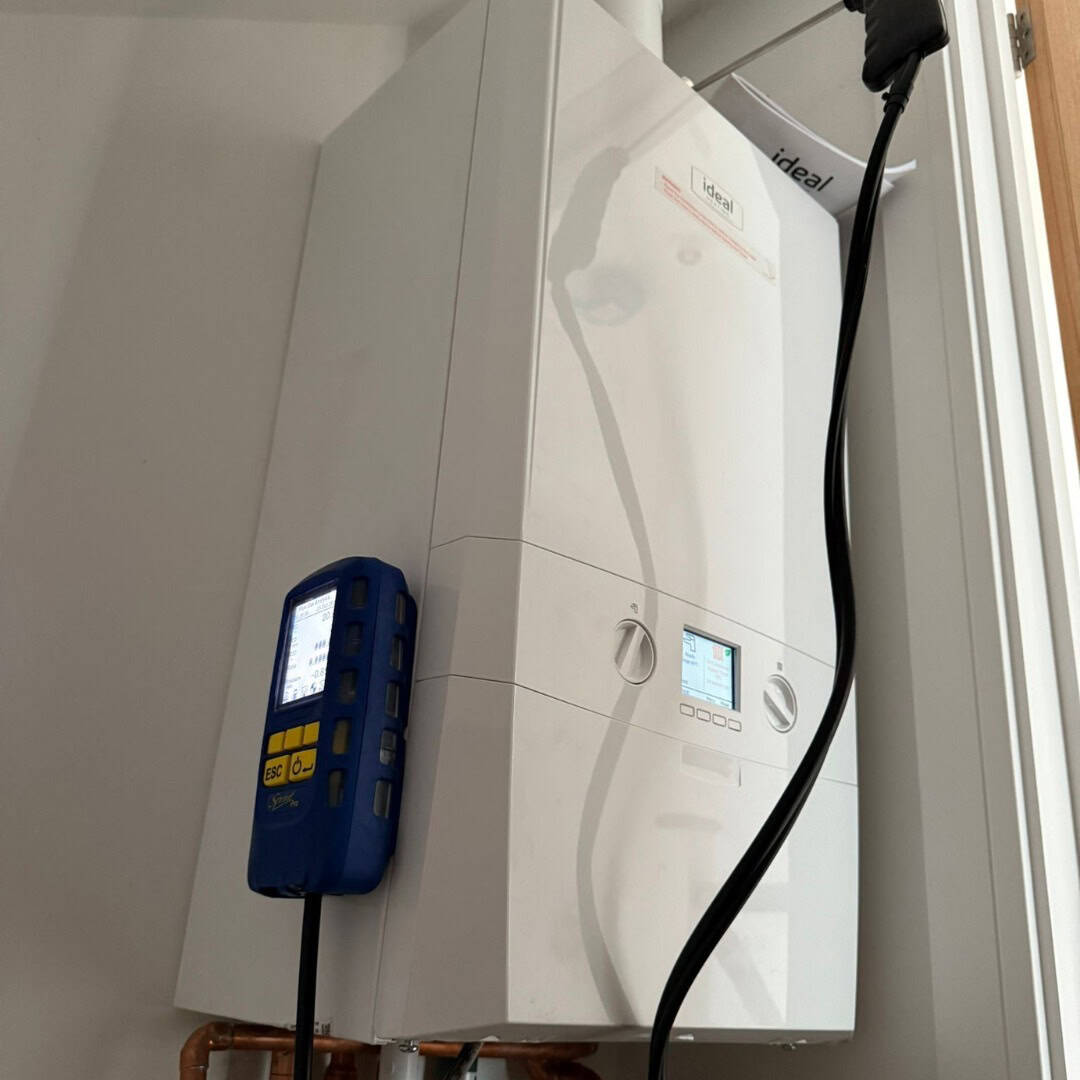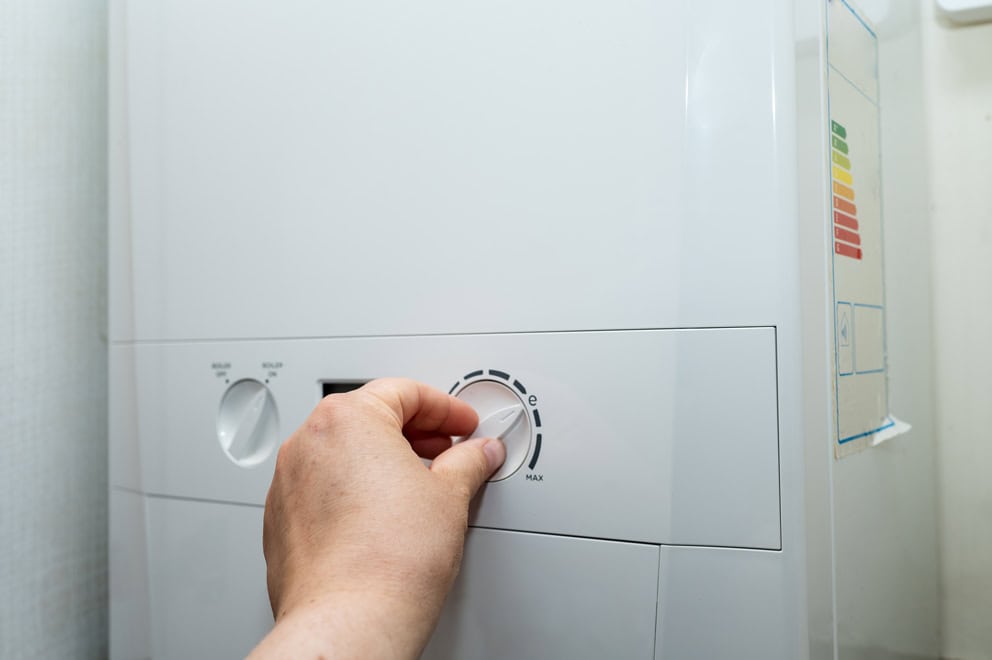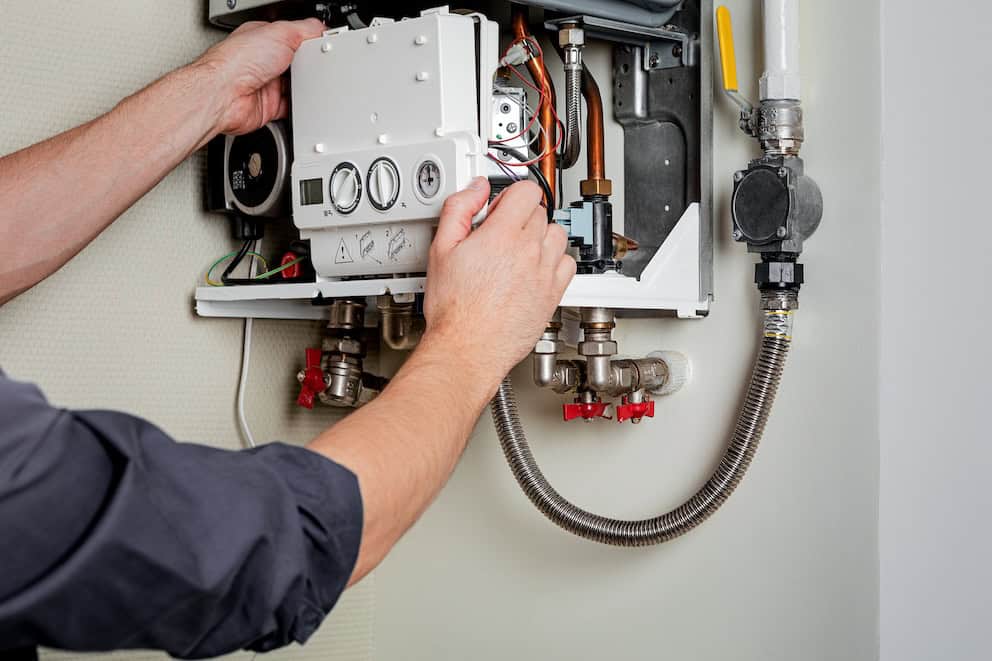
Plumbing Maintenance: Essential Tips for a Trouble-Free Winter
Cambridge winters don’t shout. They creep. First a chilly patch under the sink, then a sluggish tap in the utility, then no hot water on a frosty Saturday. A bit of prep now keeps the heating steady, the pipes quiet and the emergency callouts at bay.
From Victorian terraces in Romsey and Petersfield to post-war semis in Cherry Hinton and student HMOs off Mill Road, here’s a practical winter checklist with local homes in mind.
1. Find your stopcock (and make sure it still turns)
Nothing clever here (just the most useful two minutes you’ll spend all season). In case you’re not familiar with the term, the stopcock is the valve that turns off the water from the mains supply pipe to your property. It’s essential to know where it is in case of emergency.
Usual spots: under the kitchen sink, downstairs loo, utility closet or cellar. Flats often have one in the hallway cupboard.
Try a gentle turn both ways. If it’s stiff, a light spray of penetrating oil and patience will usually sort it out.
Landlords: label it! Tenants are more likely to act fast when the “OFF” tap has a tag.
Can’t find it? Call in a professional plumber ASAP.
2. Lag the cold bits (lofts, garages, garden runs)
Cambridge water is hard, which means frozen pipes split without much provocation.
Clip-on foam lagging for exposed copper or plastic in lofts, garages and under suspended floors can help keep your pipes warm.
Don’t forget the outside tap. Fit an isolation valve indoors, shut it then drain down the outside section. A cheap insulated tap cover finishes the job.
Condensate pipe from the boiler outside? That needs thicker insulation (see tip 6).
3. Give the boiler a pre-winter once-over
A boiler service before the first frost beats a surprise no-heat Sunday in January.
Pressure: most combis like ~1.2–1.5 bar when cold. Top up if it’s low. If it keeps dropping, you’ve got a leak or a failing expansion vessel.
Radiators: bleed them before winter sets in. Cold at the top usually means trapped air. Don’t forget to top up pressure again afterwards.
System health: red flags like rusty water, a cold lower quarter or a noisy pump could all point to sludge. See tip 4.
Pro tip: If it’s been over a year since your last Gas Safe service, book it. We’ll check flue gases, seals, safety devices and that all-important combustion.
4. Sludge control: inhibitor now, power flush if needed
Our chalky local supply accelerates limescale. Add a decade of rust and you’ve got radiator porridge.
Inhibitor: if you don’t know when it was last dosed, assume it needs it. A simple test kit tells you if the chemistry’s still working.
Power flush or clean-and-filter: constant cold spots, black water and noisy circulation point to a deeper clean. We pair a magnetic filter with the clean, so future sludge gets trapped instead of touring the system.
5. TRVs and balancing: warmth where you need it
Radiators racing to 24°C in the spare room while the lounge shivers? Classic imbalance.
TRVs: set the box room low, living spaces mid and bathrooms a touch higher.
Balancing: tiny tweaks on lockshield valves equalise flow through the whole house. The boiler runs calmer and bills fall a notch.
6. Protect the condensate pipe
That little plastic pipe carrying flue water outside loves to freeze on icy mornings. Prevent it from freezing and:
- Upgrade to 32mm external condensate where possible. Lag it with thick insulation and keep the run short.
- Add a trace-heat cable on exposed lengths if your wall faces the worst of the wind.
If it does freeze, don’t pour boiling water on it. Warm tap water and patience work. Then fix the insulation so it doesn’t happen again.
7. Stop drips becoming December disasters
Small leaks don’t stay small when the heating’s on all day.
- Check under sinks, around the cylinder, at radiator tails and washing-machine hoses.
- Salt marks, green crust on copper and swollen chipboard are your early warnings.
- Tighten gently. If it still weeps, swap the olive/washer or call a professional plumbing/heating company before it escalates.
8. Tame water hammer and pipe rattles
Bangs and clunks when taps shut?
- Fit mini arrestors on the worst offenders (dishwasher, washing machine).
- Clip loose pipework properly (garage ceilings and airing cupboards are repeat offenders).
- Check incoming pressure. If it’s silly-high, add a pressure-reducing valve at the stopcock.
9. Hard water hacks (Cambridge’s favourite topic)
The chalk aquifer makes tea taste great and boilers sulk.
Scale reducer or softener can help protect plate heat exchangers in combis and keeps kettles and showers happier.
A quick citric-acid soak can help improve flow for shower heads and aerators.
10. Smart controls: small tech, big comfort
You don’t need a spaceship, just sensible controls.
A smart thermostat is a clever way to schedule around your life. Features like geofencing stop you heating an empty house and keep bills down. They also make zoning a cinch. Great for big houses in Newnham or Trumpington.
11. Holiday settings and empty homes
Visiting family, tenants away or escaping to the Canaries for a spot of winter sunshine?
- Leave the heating at a low, steady setting (around 12–14°C) to prevent frozen pipes and condensation.
- Open sink cupboards on proper cold snaps to let warm air reach pipework.
- Turn the stopcock off if the property will be empty for weeks, and drain the outside tap run completely.
12. Safety kit that earns its keep
Stay warm and safe this winter:
- CO alarm near the boiler and any fuel-burning appliance.
- Leak detector under the kitchen sink or cylinder cupboard (cheap, loud and effective).
- Spare bits: a few radiator keys, PTFE tape, felt pads for pipe clips and a decent torch.
13. Student lets & HMOs: winter quick wins
Mill Road HMOs and city-centre flats need a little extra thought.
- Put a laminated “How to” sheet near the boiler: pressure top-up, thermostat basics and where the stopcock lives.
- TRVs locked to sensible ranges save grief.
- Schedule a pre-winter service before the first big cold snap.
14. Know when to call a professional
There are things you can do to be proactive about winter plumbing maintenance but it’s important to know when to call in the pros:
- Boiler locks out more than once a week
- Pressure drops every few days
- One room never warms, however long the heating runs
- Brown radiator water, loud kettling or pump whine
- You’ve found the stopcock… and it won’t budge
We’ll diagnose, cost clearly and sort it.
Need a hand?
Plumbox can help. We cover Cambridge and surrounding villages (Histon, Girton, Sawston, Ely and beyond). Expect friendly service, Gas Safe engineers, tidy work and straight talk.
Book a pre-winter check or a service today: we’ll get your heating settled before the weather turns.

